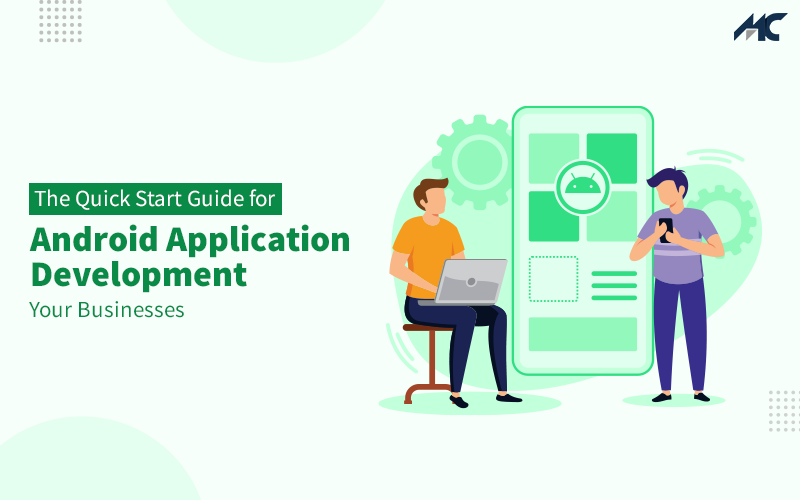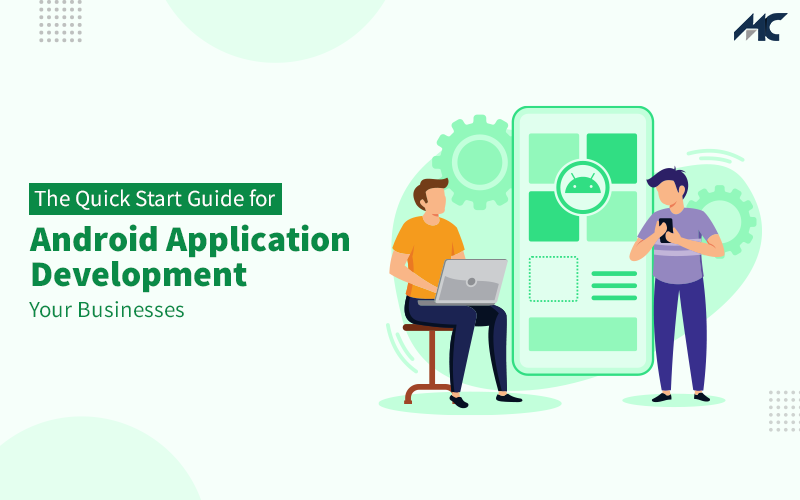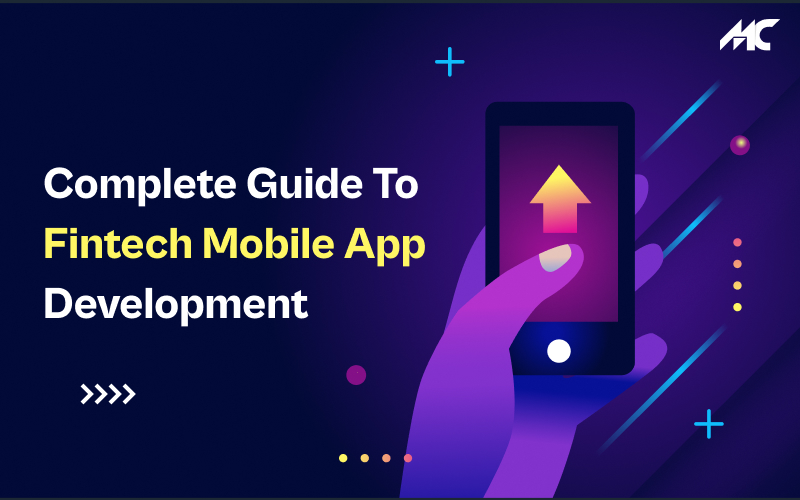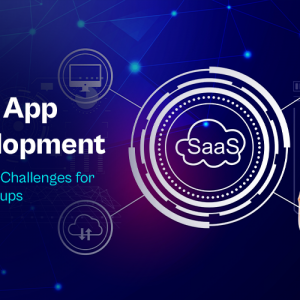The Quick Start Guide for Android Application Development
Smartphones have completely changed the way people consume the internet and communicate with each other. It has brought an android application-based world where services can be used through mobile applications instead of going to a web browser. Every business is focusing on android application development for their applications.
Today, the android platform has captured over 85% of the smartphone market globally. In fact, there’s an app for every purpose, the Google Play Store is already flooding with millions of applications.
Every business is trying to develop an Android application with android app developers to integrate their business with the operating system. Ultimately, this is the perfect guide for you if you want to develop your own android application and grow in this huge market with the right android application development services.
- Understanding The Android Platform
- Where You Can Find Android Devices?
- Development Approaches for Android Application Development
- Team Required for Android Application Development
- Cost of Android Application Development
- Advantages of Android Application Development
- Collaborating with the Leading Android Application Development Company
Understanding The Android Platform
Today, the android operating system is the dominating mobile operating system in the world with nearly 3 billion devices. Android is present on smartphones, tablets, televisions, car info-systems, wearable devices, gaming consoles, and other android devices.
The open-source platform makes it possible for device manufacturers to replace the standard elements of the Operating Systems with proprietary applications and user-interface.
However, the look and experience of the operating system remains identical and similar on different devices. iOS had remained a dominating force till 2010 when people began to see android as a serious competitor to Apple devices. Ultimately, the open nature of the operating system made it capture over 80% of the global market today.
Programming Languages to Develop Android Applications
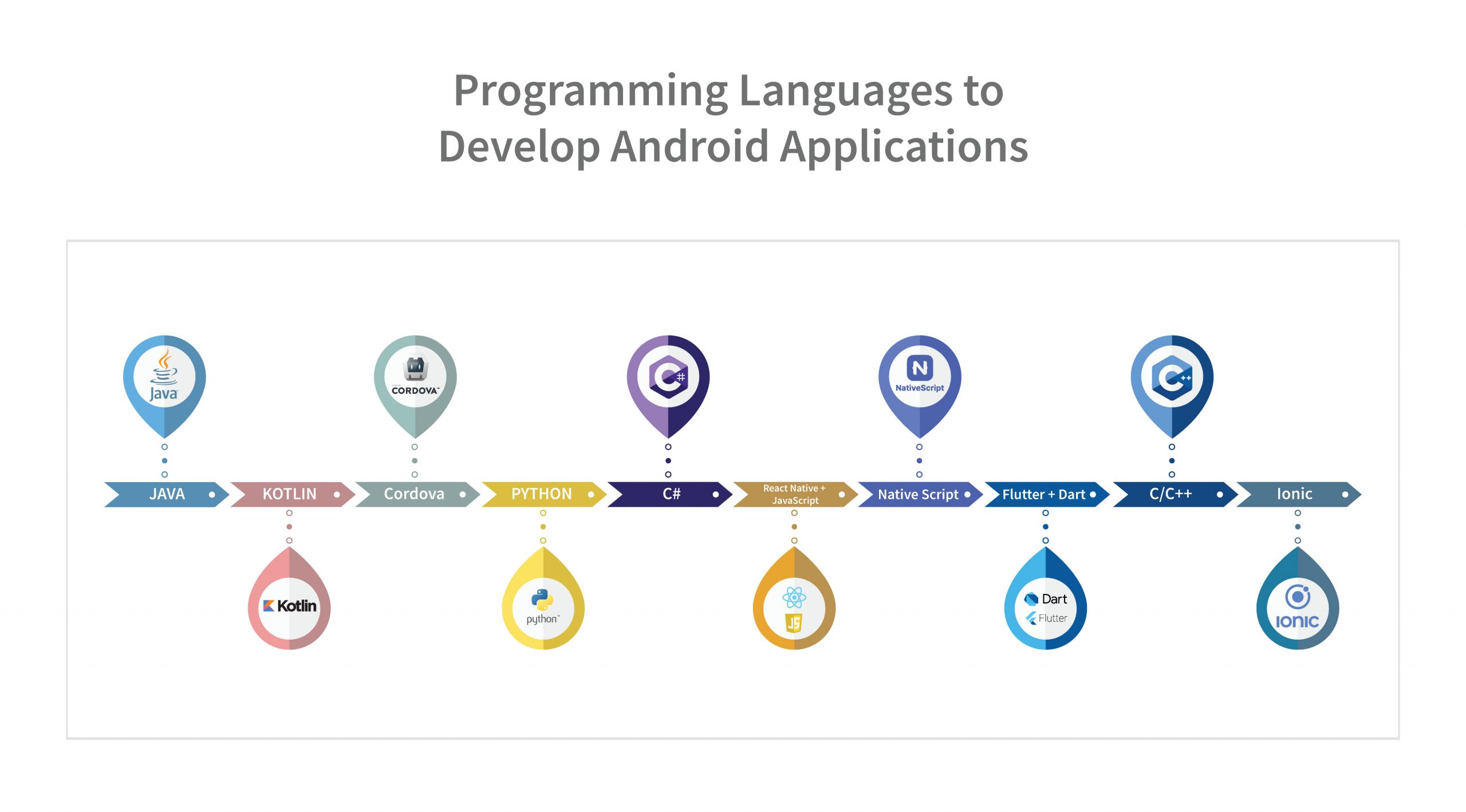
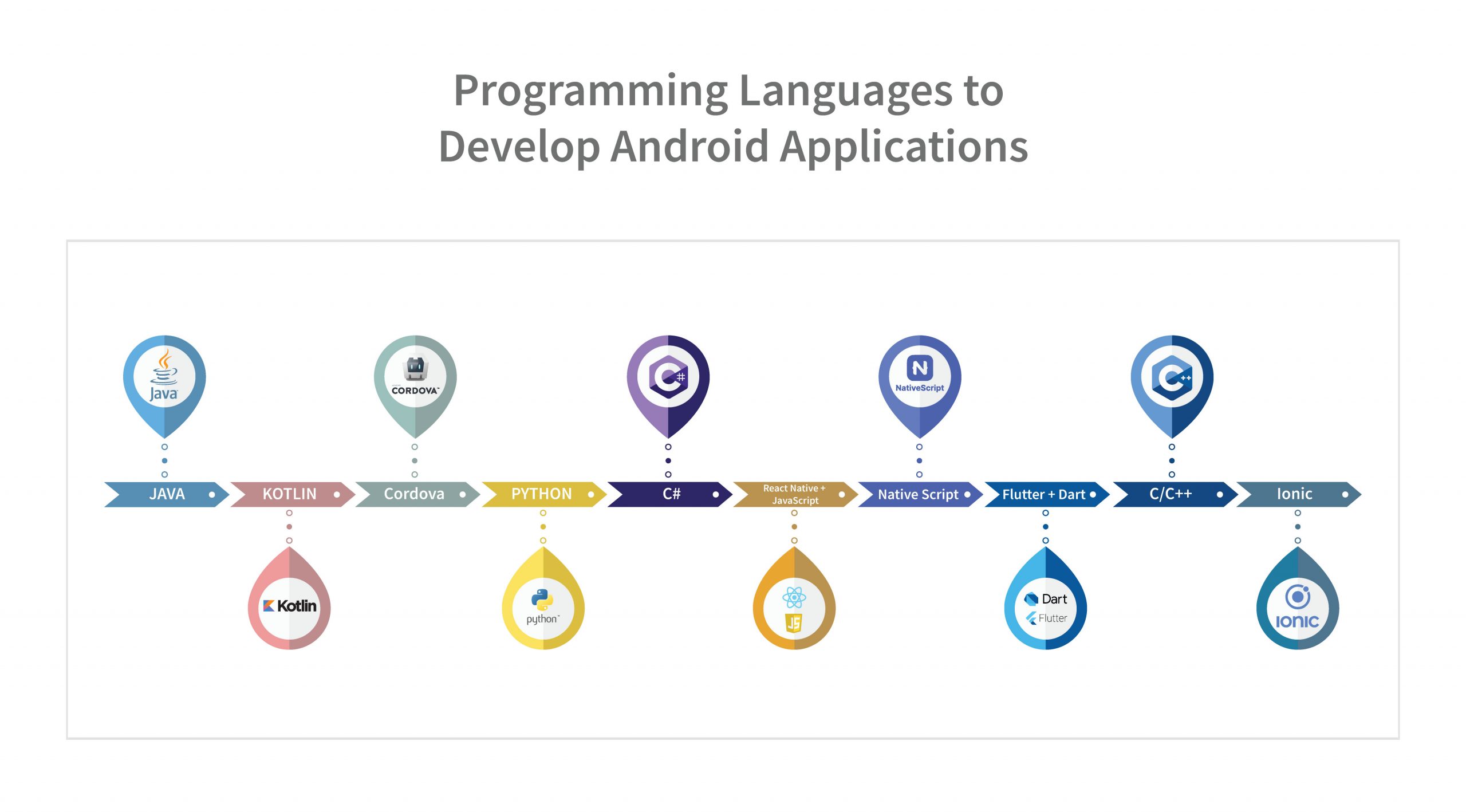
1. Java
Java is considered the official programming language for developing Android mobile applications. Android Studio supports this language.
2. Kotlin
Google has made Kotlin its second official programming language for android application development.
3. C/C++
The C++ programming language is also supported by Android Studio. However, it is only used in concurrence with the Android NDK.
4. Python
Python is massively gaining popularity for android application development. Its open-source libraries are very useful for mobile apps.
5. C#
C# is a far better alternative to C or C++ because of its beginner-friendliness and convenience. The code is much simpler and more concise.
6. React Native + JavaScript
It is a great developer-friendly and neat platform for android app developers. It was developed by Facebook themselves and effectively uses JavaScript for building world-class interfaces.
7. Cordova
It is a hybrid solution for mobile application development that enables designing, compiling, and deploying high-performance mobile applications.
8. Flutter + Dart
It is an easy-to-use development kit powered by the Dart programming language. You can develop powerful cross-platform applications with this development kit.
9. Native Script
These applications are developed with JavaScript or other languages by android application development services.
10. Ionic
Ionic is a very powerful HTML5 SDK that enables quick mobile application development with natural-feeling apps with technologies such as HTML, JavaScript, and CSS.
Where You Can Find Android Devices?
Android-powered devices are almost everywhere around you. It is undoubtedly more than a smartphone operating system. You can find the operating system in mobile phones, tablets, televisions, wearable devices, car info-systems, camera systems, gaming consoles, and more. Thus, every android application development company considers it is a highly flexible platform that enables easier customization and adding additional functionality. Everything on the Android platform can be customized or altered with your own version. Ultimately, this makes it a highly open, customizable, and flexible operating system.
Version History of Android OS
| Android Version | Release Date |
| Android 1 (Android Pie) | September 23, 2008 |
| Android 1.1 (Petit Four) | February 9, 2009 |
| Android 1.5 (Cupcake) | April 27, 2009 |
| Android 1.6 (Donut) | September 15, 2009 |
| Android 2.0 (Éclair) | October 27, 2009 |
| Android 2.2 (Froyo) | May 20, 2010 |
| Android 2.3 (Gingerbread) | December 6, 2010 |
| Android 3.0 (Honeycomb) | February 22, 2011 |
| Android 4.0 (Ice Cream Sandwich) | October 18, 2011 |
| Android 4.1 (Jelly Bean) | July 9, 2012 |
| Android 4.4 (KitKat) | October 31, 2013 |
| Android 5.0 (Lollipop) | November 4, 2014 |
| Android 6.0 (Marshmallow) | October 2, 2015 |
| Android 7.0 (Nougat) | August 22, 2016 |
| Android 8.0 (Oreo) | August 21, 2017 |
| Android 9 (Pie) | August 6, 2018 |
| Android 10 | September 3, 2019 |
| Android 11 | September 8, 2020 |
| Android 12 | October 4, 2021 |
Comparing Android with iOS for Mobile Application Development
In the smartphone market, you have two dominating operating systems; Android and iOS. Each one of these platforms offers a different user experience and set of features. Building applications for these platforms have different requirements. Thus, you must learn these before getting started with mobile application development.
1. The Different Between Interface
For years, many tech enthusiasts have been claiming that Android has deftly copied the iOS user interface. The interface is one of the most critical aspects of the user experience on the platform. iOS takes the minimalist approach by placing things where you expect them to be with fewer customization options.
In contrast, Android Apps provide tons of customization options where you can completely tweak themes, live wallpapers, icon design, etc. Android Apps also gives the option to add real-time widgets on the home screen to receive critical information on the go. Furthermore, these widgets came to iOS quite late, and sadly they are only accessible on a separate screen.
You can only make some cosmetic changes in the interface of iOS devices. Android apps make it super easy to make changes and install overlays to the operating system. An Android application development company could help you to develop a fully-customized application.
2. The Speed, Cost, and Ease of Development
Developing iOS applications take significantly less time, effort, and capital. Apple’s official programming language, Swift takes fewer lines to code to program an iOS application than Android’s Java. Plus, the lack of standardization and tons of devices makes it hard to provide a uniform experience in less time for an android application development company.
Developing an Android application means that you have to consider more devices, more software fragmentation, and more components. However, Apple’s App Store follows strict and rigorous requirements and guidelines for the review process of a published application.
3. The Speed of Operating System
The real-world speed of Android apps and iOS apps devices might depend on several factors. However, iOS is meant to be faster with better memory efficiency and garbage collection. Therefore, an iOS application might run faster with better memory management and battery management. However, Android app devices are also catching up with new updates and high end devices.
4. Stability of the Platform
Users often notice the stability of the platform while using their smartphones. Although there has been significant improvement in the Android operating system, iOS still takes the lead with its simple and robust infrastructure.
The stability in android app devices is often compromised with third-party modifications. This might result in freezing or crashing devices that could ruin the user experience. However, things get more complex if you consider the fact that different manufacturers use different hardware components for their devices. Ultimately, this could also change the pace of android application development.
5. Security on the Platforms
Apple’s iOS has been considered the most secure mobile operating system for years. However, Android has evolved greatly with Google releasing regular security updates and patches. However, Android being an open-source platform means that hackers and android app developers could access the source code and discover the vulnerabilities of the platform. Moreover, too much customization by owners could potentially create security vulnerabilities on the devices. Lastly, consulting an android app development company could save from potential security issues.
6. The Market Share of the Platforms
The global smartphone market is dominated by the Android operating system with a market share of around 87%. In contrast, Apple’s iOS-powered devices have only captured 13% of the market. However, this gap is expected to grow in the next few years with more Android devices.
However, Apple devices are more popular in developed countries like the US, Japan, Canada, Australia, etc. The price tag of Apple devices could be the main reason behind this uneven market distribution. An iPhone is considered a high-end product that sells better in a wealthier market (first-world countries). This makes Android a more effective and worthy option in developing countries like India, Brazil, Nigeria, some European countries, etc. Interestingly, an android app development company and android app developers can help you capitalize on this market.
The Android Apps Use
Today, you will find the Android operating system running on a wide range of devices. The effective use of its customizability and openness helps businesses and android app developers to develop android apps for different devices and platforms. Thus, if you are a startup and want to capture the market fast, then you will need a dominating operating system like Android.
– Mobile Apps
Today, almost every business is developing their mobile applications with android app development services. Android is your best bet to capture the huge smartphone market and market your product/service.
– Wearables or Smart Devices
The openness of the operating system allows it to run on devices like wearables, multimedia book readers, portable gaming consoles, pocket media players, and netbooks. We all know the success of Amazon Kindle, which might not have happened without the Android app platform. In fact, the world of wearables is made smart with Google’s Wear OS. Plus, there have been several attempts to develop gaming consoles and pocket media players as well. Android could also translate into a great desktop experience with its flexibility and android app development services.
– Android TV
The world of smart TVs has already revolutionized the traditional and ordinary TV that could only work with broadcast programs. In fact, Android Smart TVs have opened a world of possibilities for OTT platforms, superior image quality, diverse video content sources, etc. Furthermore, the. Android-powered TVs give huge options to make the television experience more interactive and fun.
– Android Auto
Communicating in a car isn’t just limited to driving anymore. Google’s attempt at an in-car infotainment system completely changes the audio-visual connection with the cars and smartphone applications. Furthermore, Google’s Android Auto gives a simplified version of your phone on a larger infotainment screen while keeping you connected to your phone. This makes driving much safer and more convenient if you are using a phone. Ultimately, you are given quick access to maps, apps, texts, music, and phone calls.
Development Approaches for Android Application Development
If you have finally decided to develop an android application for your business, then you have to learn a little bit about the development approach and the right android app development services. Lastly, there are different programming languages and IDEs used by android app developers to develop applications. You can choose from the following approach;
#. Native App Development
Native application development requires you to use the original programming languages and tools. You have to first choose a programming language from Java, Kotlin, C++, C#, and Python. Each one of the languages has different functions and purposes. Ultimately, an android app development company could help you choose the most suitable language for your business.
#. Cross-Platform Development
Developing a cross-platform mobile application would require you to use special frameworks that are based on the JavaScript family. Tools like React Native, Xamarin, Ionic, and Flutter are used for integrating the project into Android Studio or XCode. Thus, you can use the same logic for different operating systems. The android app developers are able to run the same application on all platforms.
#. Hybrid App Development
Taking the Hybrid app development approach means the amalgamation of both native applications and web applications. We can say that a hybrid app is like a web app that has been packaged into a native app. A web browser is built into the app that provides different capabilities to the user. The browser and the plugins are deeply integrated into the apps and are practically not visible to the real-world user. Therefore, Android app developers could write a single code for the mobile app and it could still support multiple platforms.
Team Required for Android Application Development

The team size will depend on the requirements and features of the android application. Plus, the team might change depending on the android app development approach (Native, Cross-platform, or native) you have taken.
Your team must have mobile app developers, QA engineers, designers, and project managers. It is possible to build a small Android application by hiring a team of 10 android professionals. However, larger projects require more Android experts.
In any project, the professionals must have years of experience with the Android UI design principles, patterns, and best practices. Apart from these, the team should have the best proficiency in Java, Android SDK, XML, Android Studio, APIs, Databases, Material Design, and more.
Cost of Android Application Development
The android app development process is a long process with a lot of development and testing for different devices. Plus, there are a lot of factors that might influence the cost of Android application development. Factors such as App UI/UX design, type of app, app size, API integrations, Offline availability, app development stages, number of features, app categories, the complexity of features, and region of development might be the major factors to determine the development cost of an iOS application.
You can also check out our guide on converting iOS applications to android applications or vice versa.
To get a fair idea, developing an android application might cost you around $4,000 to $50,000. We can further categorize the development prices into three categories;
Small Application Cost: $4000-$10,000
Medium Application Cost: $10,000 – $50,000
Enterprise Application Cost: $50,000 or above
Advantages of Android Application Development
Mobile application development is not easy for beginners. You might need a team of tech professionals providing android app development services to develop your application. These are some of the advantages of android application development:
-
Best for Smartphones
Considering the rising smartphone market, developing an android application could be the best way to provide a native experience of your product/service to your end-users. Thus, it is a better option than merely having a website because it engages the potential customer better.
-
The Number 1 Marketing Channel
Today, Android has more than 87% market share around the world. Accordingly, this makes it a better option to market your product/service to countless Android users. Therefore, you have a better chance of capturing your target market with the Android platform.
-
Google Pay Integration
Today, it is finally possible to integrate payment data on smartphones securely. The multiple security layers of Google play are finally helping users to pay digitally without using cash or traditional cards. This gives them great convenience because they can make payments in one click without entering their card details.
-
Improvement in SEO Performance
Google is the king when it comes to search engine dominance. Google gives more preference to the businesses that have an Android application in its search results. Android applications enable application indexing to get far ahead of your competition. Thus, getting skilled android app developers for your business could be a great investment.
-
WebView
Businesses now have the power to redirect their potential customers to an application from their website. This encourages more business and more application downloads which improves brand loyalty. Ultimately, businesses could stop their clients from going to their competitors.
-
Availability of OS
Android devices are available for every demographic from different manufacturers. Ultimately, this makes it a dominant digital force in the smartphone market. You have more chances of reaching your potential customers through the Android operating system.
Collaborating with the Leading Android Application Development Company
Developing your own android application for your business could be challenging considering the huge market and long development cycle. Therefore, collaborating with MobileCoderz, a leading android app development company could fast track your android application development process and capture your target market with top-notch android app development services. We provide fully customized, high-performance, reliable, and secure mobile app development services. Our skilled android app developers take pride in providing unparalleled customer satisfaction and future-ready technology solutions.
-

 A Complete Flutter App Development Guide: The What, Why, and When
A Complete Flutter App Development Guide: The What, Why, and When -

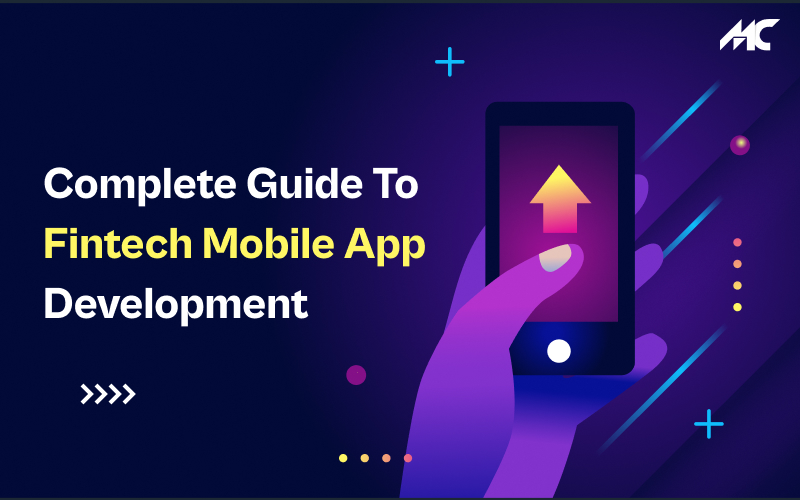 Complete Guide To Fintech Mobile App Development
Complete Guide To Fintech Mobile App Development -

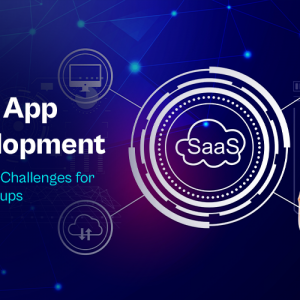 SaaS Application Development: benefits & challenges for startups
SaaS Application Development: benefits & challenges for startups




